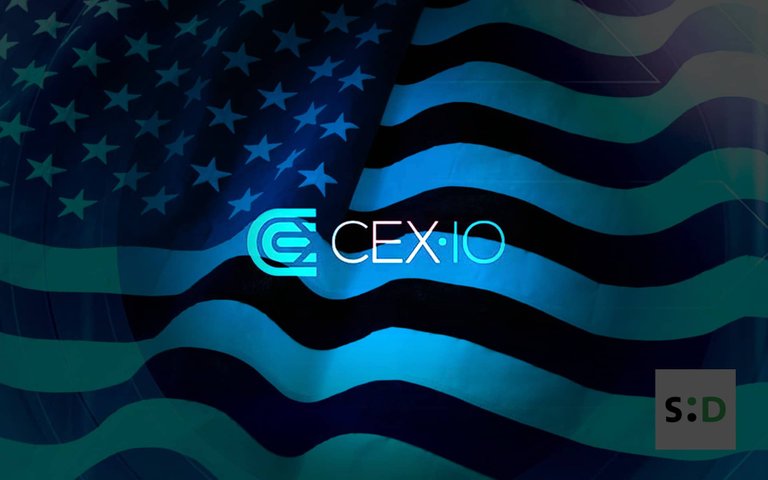
On July 3rd 2019 CEX.io announced that they would be launching a dedicated cryptocurrency exchange in the United States. According to the report, the news comes after the company acquired nine Money Transmitter Licences (MTLs).
The MTLs CEX.io have received will allow them to operate in nine more US states. The mentioned states are: Iowa, Kansas, New Mexico, Oklahoma, South Dakota, West Virginia, Maryland, Alaska and New Hampshire.
While the nine new licences allow the company to operate in the mentioned states, they have been trading in other American states since 2015. This is due to the fact that they have been registered as a "money service business" since then.
The current total number of states which CEX.io will be able to serve is now 28. Although they plan to expand into all 50 in the near future.
Oleksandr Lutskevych, CEO of CEX.io, went on record to state that the US has provided a "significant portion" of their clients from the "very start".
He went on to further state that meeting necessary "regulatory requirements, specific for each state" is a focus of the company as they plan to expand across the country.
With their latest acquisition of MTLs the full list of states which CEX.io are able to serve is as follows: Alaska, Arizona, Arkansas, California, Colorado, Delaware, District of Columbia, Indiana, Iowa, Kansas, Kentucky, Maryland, Massachusetts, Michigan, Minnesota, Mississippi, Missouri, Montana, Nevada, New Hampshire, New Mexico, Oklahoma, Pennsylvania, Rhode Island, South Dakota, Utah, West Virginia, Wisconsin and Wyoming.
Regulation is Coming, Expect More US Branches of Exchanges
This change in their terms essentially prohibits US citizens from using the original Binance cryptocurrency exchange.
The news of regulated, US based, branches of crypto exchanges has been fast flowing since the announcement of FATF's rules for the global crypto sector. These rules are in an attempt to combat crypto's role in money laundering.
The regulations require all exchanges to gather data on "all clients" initiating transactions more than $1000 or €1000.
They will also require that exchanges collect, and share, data regarding the recipients of said transactions. This brings into question whether FATF compliant exchanges will require KYC for withdrawal wallets.
The anonymous nature of blockchain technology makes the FATF ruling regarding data on recipients a tricky one. Generally speaking, wallet creation for cryptocurrencies is anonymous. This brings into question the method exchanges will employ to satisfy it.
Love, peace and happiness.
https://somethingdecent.co.uk/news/cryptocurrency/cex-io-to-launch-dedicated-us-exchange/#wordproof
Original article: https://somethingdecent.co.uk/news/cryptocurrency/cex-io-to-launch-dedicated-us-exchange/